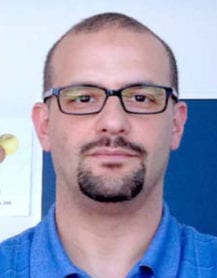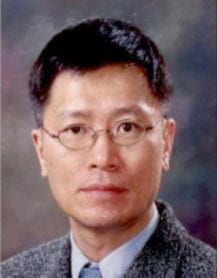Optimization, Quality Assessment and Perceptual Modeling for Immersive Technologies
Abstract : Immersive technologies are very challenging and bring novel ways of using images in our daily life applications. They play an important role in enhancing learning experiences, fostering participation, collaboration, creativity and engagement; creating opportunities for integration and research. Several modalities exist starting from S3D (Stereoscopic 3D), AR (Augmented Reality), VR (Virtual Reality), 360 VR (Virtual Reality), MR (Mixed Reality), to Stereoscopic 360. Like for standard images/videos, efficient algorithms for compression, watermarking, transcoding, transmission, visualization are of paramount importance to make this data usable, exploitable and manageable. Such algorithms create numerous artifacts and need to be optimized both from the functional and the perceptual points of view. Thereby, it is necessary to assess the quality of experience (QoE) of users adaptive to those future multimedia systems under display, device and content. In particular, symptoms such as discomfort may lead the QoE to dynamically vary relying on the system. Besides, it is often still necessary to use glasses or HMDs (Head Mounted Displays) to benefit from these immersive technologies which may bring other constraints and problems. This special session tackles the problems of immersive technologies optimization and evaluation. It aims to address the latest research aligned with recent industrial trends.
Organizers

Chaker Larabi – XLIM/CNRS
Université de Poitiers
France

Sanghoon Lee
EE Department
Yonsei University, Korea

